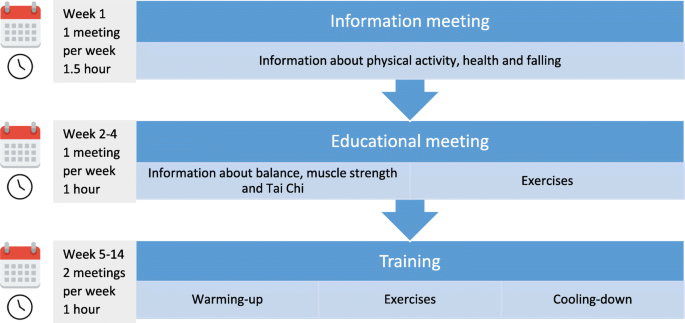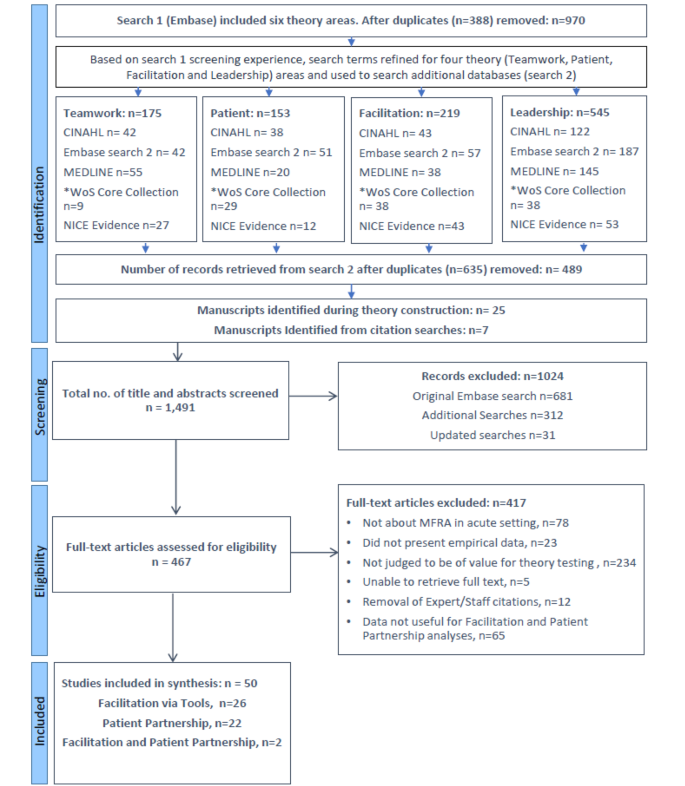Some Ideas on Dementia Fall Risk You Should Know
Some Ideas on Dementia Fall Risk You Should Know
Blog Article
Little Known Facts About Dementia Fall Risk.
Table of ContentsThe Buzz on Dementia Fall Risk6 Easy Facts About Dementia Fall Risk ShownThe Main Principles Of Dementia Fall Risk Excitement About Dementia Fall RiskWhat Does Dementia Fall Risk Mean?
The FRAT has three areas: drop danger standing, threat factor checklist, and action plan. An Autumn Risk Standing consists of information regarding history of recent drops, drugs, emotional and cognitive status of the client - Dementia Fall Risk.If the patient scores on a threat element, the matching number of points are counted to the individual's autumn risk score in the box to the far. If a client's fall risk score amounts to 5 or higher, the individual goes to high risk for falls. If the person scores only 4 points or reduced, they are still at some risk of dropping, and the registered nurse ought to utilize their best clinical analysis to take care of all loss danger variables as component of an all natural care strategy.
These typical strategies, in basic, aid establish a secure setting that lowers accidental drops and delineates core preventive measures for all patients. Indicators are crucial for people at risk for drops.
Dementia Fall Risk Things To Know Before You Get This
For example, wristbands need to include the patient's last and given name, date of birth, and NHS number in the UK. Information ought to be printed/written in black against a white history. Only red color must be made use of to signal unique person standing. These suggestions follow current developments in individual recognition (Sevdalis et al., 2009).
Things that are too far might call for the client to get to out or ambulate needlessly and can potentially be a hazard or contribute to falls. Assists avoid the patient from going out of bed without any type of help. Registered nurses react to fallers' telephone call lights faster than they do to lights started by non-fallers.
Aesthetic problems can considerably cause falls. Keeping the beds closer to the floor reduces the risk of drops and major injury. Positioning the bed mattress on the flooring dramatically minimizes loss threat in some medical care settings.
The Single Strategy To Use For Dementia Fall Risk
Patients that are high and with weak leg muscles that try to remain on the bed from a standing placement are most likely to fall onto the original site bed because it's as well low for them to reduce themselves safely. If a high individual attempts to obtain up from a reduced bed without support, the client is likely to fall back down onto the bed or miss out on the bed and fall onto the flooring.
They're designed to advertise timely rescue, not to stop falls from bed. Apart from bed alarm systems, raised supervision for high-risk people additionally might aid stop drops.

Clients with an evasion gait rise autumn chances significantly. To decrease autumn threat, shoes ought to be with a little to no heel, thin soles with slip-resistant step, and sustain the ankles. Recommend client to make use of nonskid socks to avoid the feet from sliding click here to find out more upon standing. Nevertheless, motivate individuals to wear appropriate, well-fitting shoesnot nonskid socks for ambulation.
Get This Report about Dementia Fall Risk
In a research study, homes with adequate lights record fewer falls (Ramulu et al., 2021). Renovation in lights at home may decrease loss rates in older grownups.

Sitters are effective for assuring a protected, secured, and secure setting. Researches demonstrated extremely low-certainty evidence that caretakers decrease fall danger in acute treatment medical facilities and only moderate-certainty that options like video clip surveillance can lower sitter use without raising fall danger, recommending that sitters are not as helpful as initially believed (Greely et al., 2020).
Some Known Factual Statements About Dementia Fall Risk
-copy-5.jpg)
Increased physical fitness minimizes the threat for falls and restricts injury that is sustained when fall takes place. Land and water-based workout programs might be likewise useful on balance and gait and consequently minimize the threat for drops. Water exercise may add a positive benefit on equilibrium and stride for women 65 years and older.
Chair Increase Workout is a basic sit-to-stand exercise that aids enhance the muscles in the upper legs and butts and enhances wheelchair and self-reliance. The goal is to do Chair Increase exercises without using hands as the client ends up being more powerful. See sources section for a detailed instruction on how to carry out Chair Rise workout.
Report this page